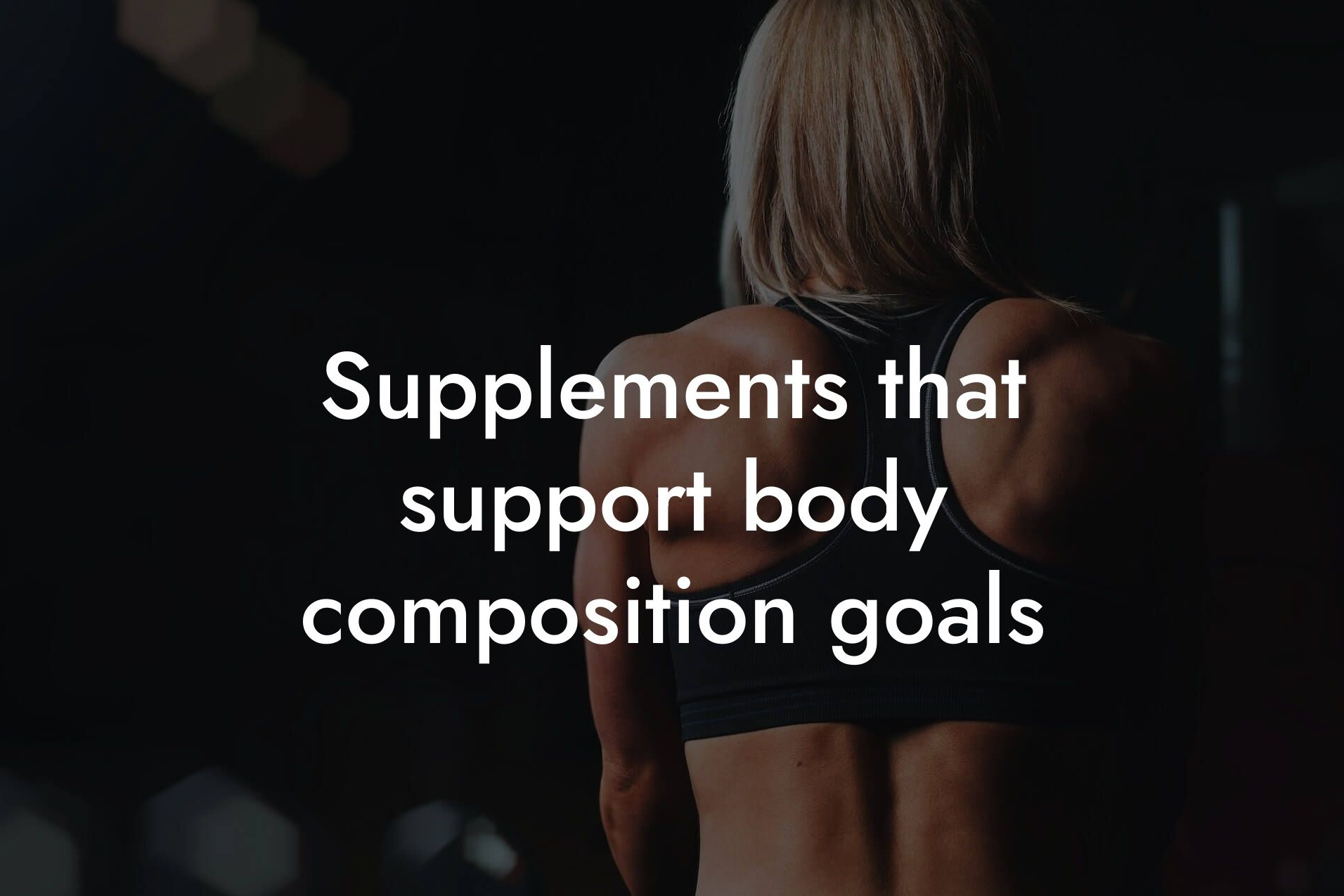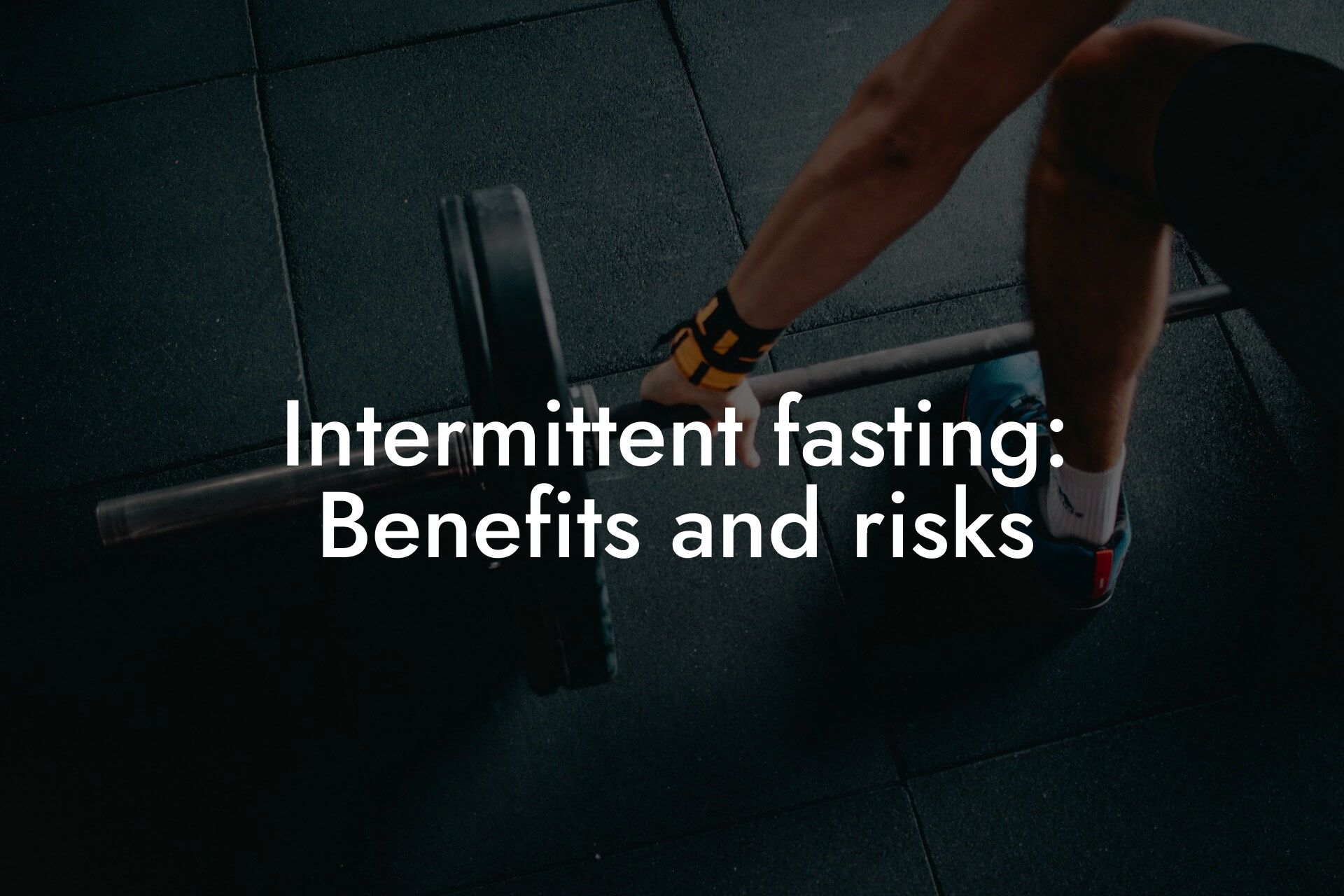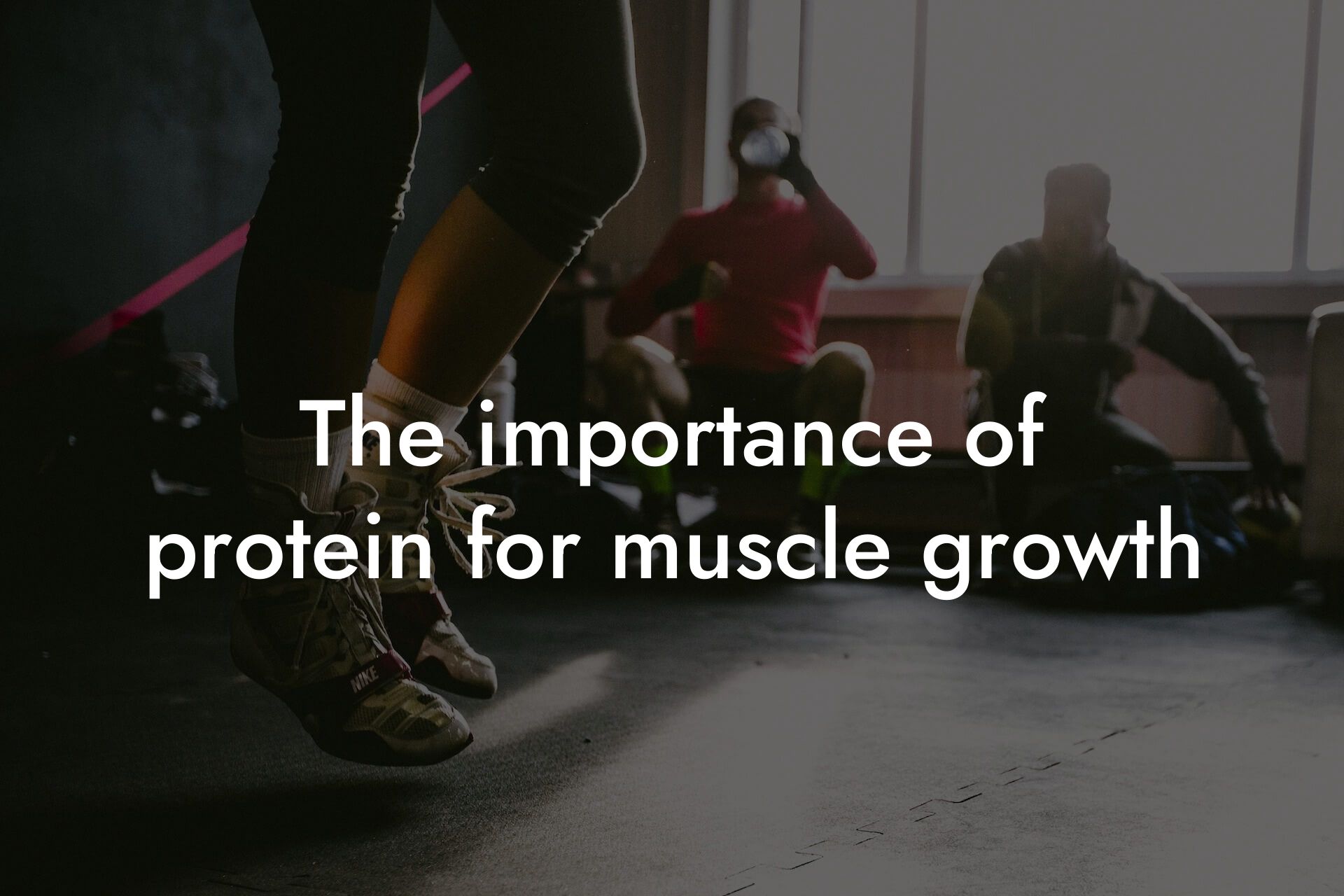As high-earning professionals, you understand the importance of maintaining a healthy and fit physique to excel in your career. One crucial aspect of achieving this goal is proper hydration. Adequate hydration is essential for optimal physical performance, and even mild dehydration can significantly impact your body's ability to function efficiently. In this article, we will delve into the significance of hydration, its effects on performance and physique, and provide you with practical tips to ensure you're drinking enough water to take your body to the next level.
Table of Contents
The Importance of Hydration
Water is the most abundant substance in the human body, making up approximately 60% of our total body weight. It plays a vital role in various bodily functions, including regulating body temperature, lubricating joints, and facilitating the transportation of nutrients and oxygen to cells. Even mild dehydration can cause a decline in physical performance, leading to fatigue, headaches, and decreased productivity.
The Impact of Dehydration on Performance
Dehydration can have a significant impact on your physical performance, leading to:
Reduced endurance: Dehydration can cause a decrease in endurance, making it challenging to engage in high-intensity activities for extended periods.
Decreased strength: Dehydration can lead to a loss of strength, making it difficult to perform daily tasks, let alone intense physical activities.
Impaired cognitive function: Dehydration can affect cognitive function, leading to decreased focus, concentration, and decision-making abilities.
Increased risk of injury: Dehydration can increase the risk of injury, as it can cause muscle cramps, strains, and tears.
The Impact of Dehydration on Physique
Dehydration can also have a significant impact on your physique, leading to:
Water retention: Dehydration can cause your body to retain water, leading to bloating and weight gain.
Decreased muscle mass: Dehydration can cause muscle breakdown, leading to a decrease in muscle mass and tone.
Slowed metabolism: Dehydration can slow down your metabolism, making it challenging to lose weight and maintain weight loss.
Dull skin: Dehydration can cause dry, dull skin, leading to a decrease in skin elasticity and tone.
The Optimal Hydration Level
So, how much water should you drink to achieve optimal hydration? The general recommendation is to drink at least 8-10 glasses of water per day. However, this can vary depending on factors such as age, sex, weight, and activity level. The best way to determine your optimal hydration level is to pay attention to your body's signs of hydration, such as:
The color of your urine: If your urine is pale yellow or clear, you're likely hydrated. If it's dark yellow or amber-colored, you may be dehydrated.
Your level of thirst: If you feel thirsty, it's a sign that your body needs more water.
Your energy levels: If you're feeling fatigued or lethargic, it may be a sign that you're dehydrated.
Practical Tips for Proper Hydration
Here are some practical tips to ensure you're drinking enough water:
Carry a water bottle with you throughout the day to remind you to drink regularly.
Drink a glass of water as soon as you wake up to rehydrate after a night of sleep.
Make water-rich foods, such as fruits and vegetables, a part of your diet.
Avoid sugary drinks, such as soda and sports drinks, which can dehydrate you further.
Monitor your urine output and color to ensure you're drinking enough water.
Hydration and Exercise
Proper hydration is especially crucial when engaging in physical activity. Dehydration can lead to decreased performance, increased risk of injury, and even heat stroke. Here are some tips to ensure you're hydrated during exercise:
Drink water or a sports drink 15-30 minutes before exercise to top off your fluids.
Drink water or a sports drink every 10-15 minutes during exercise to replenish lost fluids.
Avoid exercising in extreme heat or humidity, and take regular breaks to rest and rehydrate.
In conclusion, proper hydration is essential for optimal physical performance and physique. Even mild dehydration can have significant consequences, leading to decreased performance, fatigue, and a range of negative effects on your physique. By understanding the importance of hydration, recognizing the signs of dehydration, and following practical tips for proper hydration, you can take your body to the next level and achieve your fitness goals. At Tano Performance Group, we're committed to helping high-earning professionals like you achieve optimal physical performance and physique through our comprehensive body assessments and personalized coaching. Contact us today to learn more about how we can help you unlock your full potential.
Get a Complete Body Assessment with Tano Performance Group
At Tano Performance Group, we use advanced DEXA technology to provide high-earning professionals like you with a complete body assessment. Our comprehensive assessment includes:
Body fat percentage
Muscle mass and distribution
Bone density
Visceral fat level
Metabolic rate
Personalized coaching and guidance to help you achieve your fitness goals
Contact us today to schedule your appointment and take the first step towards achieving optimal physical performance and physique.
Frequently Asked Questions
What is hydration and why is it important for performance and physique?
Hydration refers to the process of consuming and utilizing water by the body. It's essential for performance and physique because water makes up approximately 60% of our body weight and plays a crucial role in various bodily functions, such as regulating body temperature, lubricating joints, and facilitating nutrient transport. Even mild dehydration can impair physical performance, leading to fatigue, decreased strength, and reduced endurance.
How much water should I drink daily to stay hydrated?
The general recommendation is to drink at least 8-10 glasses of water per day, but this can vary depending on individual factors such as age, sex, weight, activity level, and climate. For high-earning professionals with a focus on physical appearance, we recommend aiming for 12-15 glasses of water per day to support optimal hydration and physique goals.
What are the signs of dehydration, and how can I identify them?
Common signs of dehydration include dark yellow or amber-colored urine, dry mouth, fatigue, headaches, dizziness, and decreased athletic performance. If you're experiencing any of these symptoms, it's essential to drink water immediately to rehydrate your body.
Can I drink other fluids besides water to stay hydrated?
While water is the best beverage for hydration, other fluids like sports drinks, coconut water, and herbal tea can contribute to your daily hydration needs. However, it's essential to be mindful of sugar and calorie content in these beverages, as excessive consumption can hinder physique goals.
How does hydration impact my athletic performance?
Proper hydration is critical for athletic performance, as it helps regulate body temperature, transport nutrients and oxygen to muscles, and remove waste products. Even mild dehydration can lead to decreased strength, speed, and endurance, making it challenging to achieve your fitness goals.
Can hydration help with weight loss and physique goals?
Yes, hydration plays a significant role in weight loss and physique goals. Water helps increase satiety, boost metabolism, and support healthy digestion, all of which can contribute to a leaner, more toned physique. Additionally, proper hydration can help reduce water retention, leading to a more defined appearance.
How does hydration affect my skin and hair?
Hydration is essential for healthy, glowing skin and hair. Water helps maintain skin elasticity, reducing the appearance of fine lines and wrinkles, and promotes healthy hair growth by keeping the scalp and hair follicles hydrated.
Can hydration improve my mental performance and focus?
Absolutely! Dehydration can impair cognitive function, leading to decreased focus, concentration, and mental performance. Proper hydration, on the other hand, can improve memory, mood, and overall brain function, helping you stay focused and productive throughout the day.
How can I stay hydrated during intense workouts or long periods of physical activity?
To stay hydrated during intense workouts or long periods of physical activity, drink 17-20 ounces of water 2-3 hours before exercise, and 7-10 ounces every 10-15 minutes during exercise. You can also consider incorporating electrolyte-rich beverages or supplements to help replenish lost electrolytes.
What are electrolytes, and why are they important for hydration?
Electrolytes are essential minerals like sodium, potassium, and calcium that help regulate various bodily functions, including hydration. They're lost through sweat during physical activity, and replenishing them is crucial to maintain proper hydration and prevent dehydration.
Can I overhydrate, and what are the risks?
Yes, it's possible to overhydrate, which can lead to a condition called hyponatremia. This occurs when the body takes in more water than it can process, causing an imbalance of electrolytes in the body. Overhydration can be life-threatening, so it's essential to drink water in moderation and listen to your body's needs.
How can I track my hydration levels?
You can track your hydration levels by monitoring your urine output and color. If your urine is pale yellow or clear, you're likely well-hydrated. Dark yellow or amber-colored urine may indicate dehydration. You can also use hydration tracking apps or wearable devices to monitor your hydration levels.
What are some common hydration myths?
One common myth is that you can hydrate with soda or energy drinks. However, these beverages are high in sugar and calories, which can hinder hydration and physique goals. Another myth is that you can't overhydrate, but as mentioned earlier, overhydration is a real risk.
How can I make hydration a habit?
To make hydration a habit, start by keeping a water bottle with you throughout the day, and set reminders on your phone to drink water at regular intervals. You can also infuse your water with fruits or herbs to make it more enjoyable. Make hydration a priority by incorporating it into your daily routine, such as right after waking up or before meals.
Can hydration help with muscle recovery and soreness?
Yes, hydration plays a critical role in muscle recovery and soreness. Water helps reduce muscle inflammation, promote protein synthesis, and replenish energy stores, all of which can aid in faster recovery and reduced muscle soreness.
How does hydration impact my bone density?
Hydration is essential for maintaining healthy bone density. Water helps promote calcium absorption, reduce bone resorption, and support overall bone health, which can reduce the risk of osteoporosis and fractures.
Can hydration help with digestion and gut health?
Absolutely! Hydration is crucial for healthy digestion and gut health. Water helps break down food, absorb nutrients, and prevent constipation, all of which can support a healthy gut microbiome.
How can I stay hydrated during travel or in high-altitude environments?
To stay hydrated during travel or in high-altitude environments, drink water regularly, and consider incorporating electrolyte-rich beverages or supplements to help replenish lost electrolytes. Avoid caffeine and alcohol, which can exacerbate dehydration.
Can hydration help with stress and anxiety?
Yes, hydration can help with stress and anxiety. Dehydration can exacerbate stress and anxiety, while proper hydration can help regulate cortisol levels, promote relaxation, and improve mood.
How does hydration impact my immune system?
Hydration is essential for a healthy immune system. Water helps support immune function, reduce inflammation, and promote the production of antibodies, all of which can help fight off infections and diseases.
Can hydration help with headaches and migraines?
Yes, hydration can help with headaches and migraines. Dehydration is a common trigger for headaches and migraines, and drinking water can help alleviate symptoms and reduce frequency.
How can I incorporate hydration into my daily routine?
To incorporate hydration into your daily routine, start by making it a priority, and set reminders to drink water at regular intervals. You can also infuse your water with fruits or herbs, and make it a habit to drink water before meals or during breaks.
What are some hydration tips for busy professionals?
For busy professionals, we recommend keeping a water bottle at your desk, setting reminders to drink water, and incorporating hydration into your daily routine. You can also consider incorporating hydration-rich foods, such as watermelon and cucumbers, into your diet.
Here are some related articles you might love...
- Supplements that support body composition goals
- Intermittent fasting: Benefits and risks
- The importance of protein for muscle growth
- Macronutrient balance for physique enhancement
- Managing cravings and diet pitfalls
- Best diets for reducing body fat
- Nutrition tips for busy professionals
- How to meal prep for body composition goals
- How to eat for bone health
Zak Faulkner
Zak Faulkner is a leading authority in the realm of physical health and body composition analysis, with over 15 years of experience helping professionals optimise their fitness and well-being. As one the experts behind Tano Performance Group, Zak has dedicated his career to providing in-depth, science-backed insights that empower clients to elevate their physical performance and overall health.
With extensive knowledge of DEXA technology, Zak specializes in delivering comprehensive body assessments that offer precise data on body fat, muscle mass, bone density, and overall physique. His expertise enables individuals to make informed decisions and achieve their fitness goals with accuracy and confidence. Zak’s approach is rooted in a deep understanding of human physiology, combined with a passion for helping clients unlock their full potential through personalised strategies.
Over the years, Zak has earned a reputation for his commitment to excellence, precision, and client-focused service. His guidance is trusted by top professionals who demand the best when it comes to their health. Whether advising on fitness programs, nutritional strategies, or long-term wellness plans, Zak Faulkner’s insights are a valuable resource for anyone serious about taking their health and fitness to the next level.
At Tano Performance Group, Zak continues to lead our Content Team revolutionising how professionals approach their physical health, offering unparalleled expertise that drives real results.




